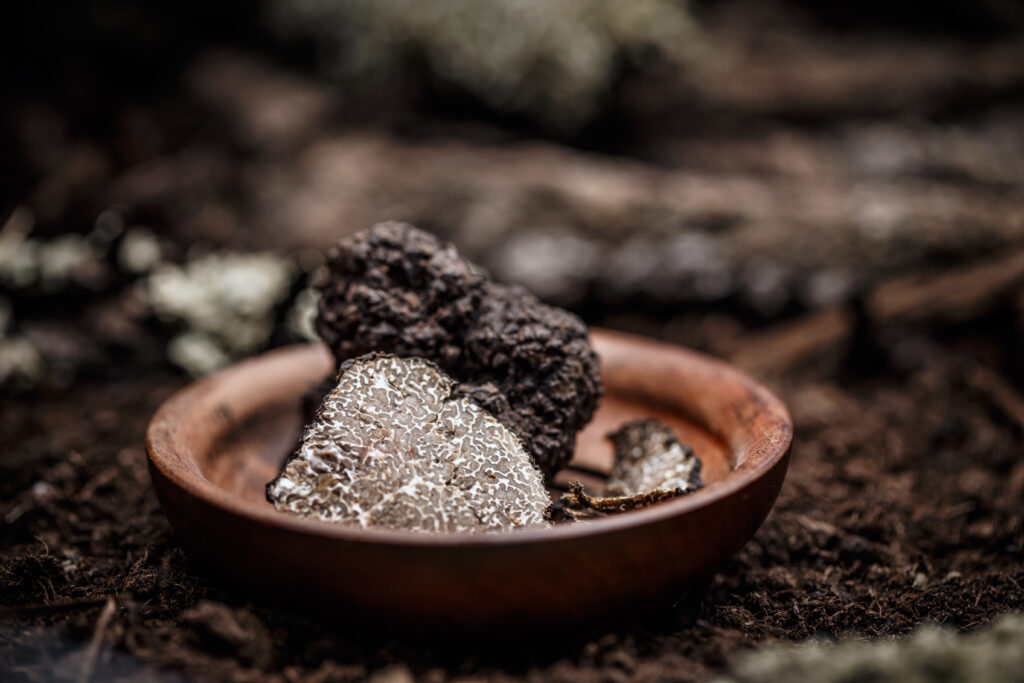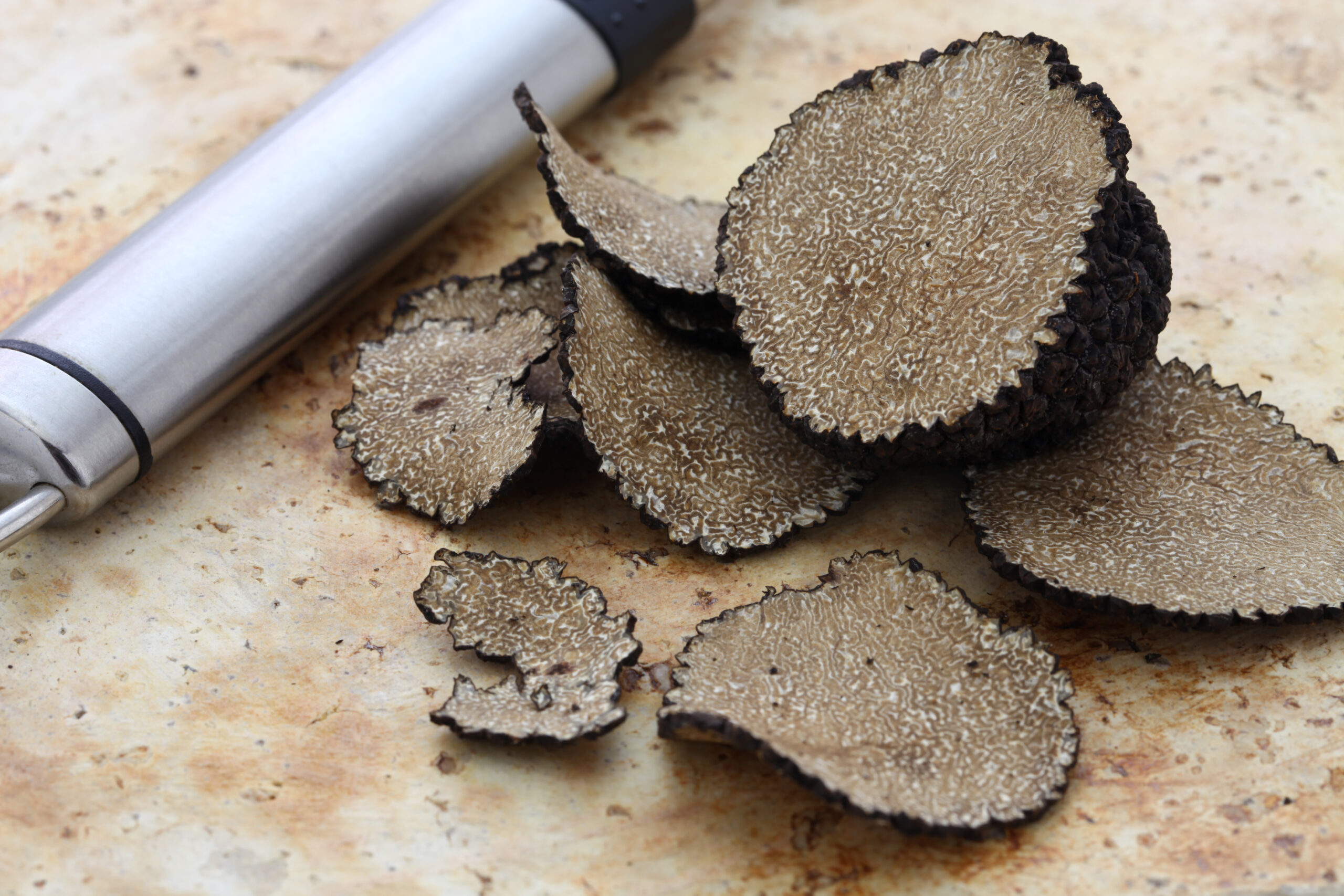Eating truffles can be a particularly expensive type of food: as a rule of thumb, shoppers should expect to pay $2-$10 per ounce of truffle oil, and they’re not always easy to find at the grocery store. But why do they typically cost so much? If you’ve ever wondered what makes them so expensive or if they’re gluten-free, then you might be interested in reading this post.
What is a truffle?
A truffle is a edible fruit of the tuber family that typically has a strong, distinct aroma. Truffles are found in temperate regions around the world and are prized for their unique flavor.
While there are many different types of truffles, the most popular and well-known variety is the black truffle. Black truffles have a strong, earthy flavor that is often used in savory dishes. Other popular varieties include white truffles and Perigord truffles.
Truffles are often used as a seasoning or garnish on dishes such as pasta, risotto, or eggs. They can also be used to make Truffle oil, which is a popular ingredient in many recipes.
Are Truffles Gluten Free? This May Surprise You
Many people believe that because truffles are a fungi, they must contain gluten. However, this is not the case! Truffles do not contain any gluten-containing ingredients and are safe for people with celiac disease or who are sensitive to gluten.
What are the different types of truffles?
There are several different types of truffles that you may encounter. The most well-known type is the black truffle, which is found in France and Italy. These truffles have a strong, earthy flavor that many people find quite intense. Other popular types of truffles include the white truffle, which is found in Italy and Croatia, and the Perigord truffle, which is found in France. less well-known types of truffles include the Burgundy truffle, found in France, and the Piedmontese white truffle, found in Italy.
Are Truffles Gluten Free?
Truffles are a type of fungi and are therefore technically gluten free. However, some truffle products on the market may contain gluten-containing ingredients such as wheat flour. When in doubt, always check the label or ask the manufacturer.

How can Truffles Affect Your Health?
Truffles are a type of fungi that generally grow underground near the roots of trees. They have long been prized for their intense flavor and aroma, and are often used in high-end cuisine. While most people think of truffles as a culinary treat, they can also have various health benefits.
There is some evidence to suggest that truffles can help boost cognitive function and memory. One study found that rats who were given truffle extract performed better on tests of learning and memory than those who did not receive the extract. Additionally, truffles contain compounds that can help protect brain cells from damage.
Truffles are also a good source of antioxidants. These substances help protect cells from damage caused by harmful toxins and substances. Antioxidants have been linked with a reduced risk of several chronic diseases, such as heart disease, cancer, and Alzheimer’s disease.
In addition to their cognitive and antioxidant benefits, truffles may also help boost the immune system. One study found that rats given truffle extract had increased levels of white blood cells, which are important for fighting off infection. Additionally, truffles contain compounds that can help reduce inflammation throughout the body.
While more research is needed to confirm the potential health benefits of truffles, there is promising evidence that suggests they may be beneficial for brain health, cognition, and immunity.
Why Aren’t Truffles Steep Thus a More Sneaky Way to Add Gluten to Your Diet?
There are a few reasons why truffles aren’t generally considered a sneaky way to add gluten to your diet. First, truffles are often quite expensive, so they’re not something that people would normally use as a way to sneak in extra gluten. Secondly, truffles are often used in very small amounts, so even if they did contain gluten, it would be a very small amount. Finally, truffles don’t usually have a strong flavor, so it’s unlikely that they would be used as a way to mask the taste of gluten in food.
Conclusion
While many people believe that truffles are gluten free, this may not actually be the case. If you have a gluten intolerance or celiac disease, it is important to speak to your doctor before consuming any truffles. However, if you are simply looking for a delicious and decadent treat, truffles may be worth trying despite their potential gluten content. Who knows, you might just find yourself surprised by how much you enjoy them!








